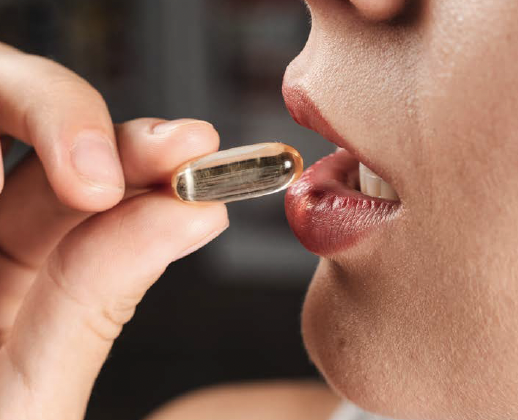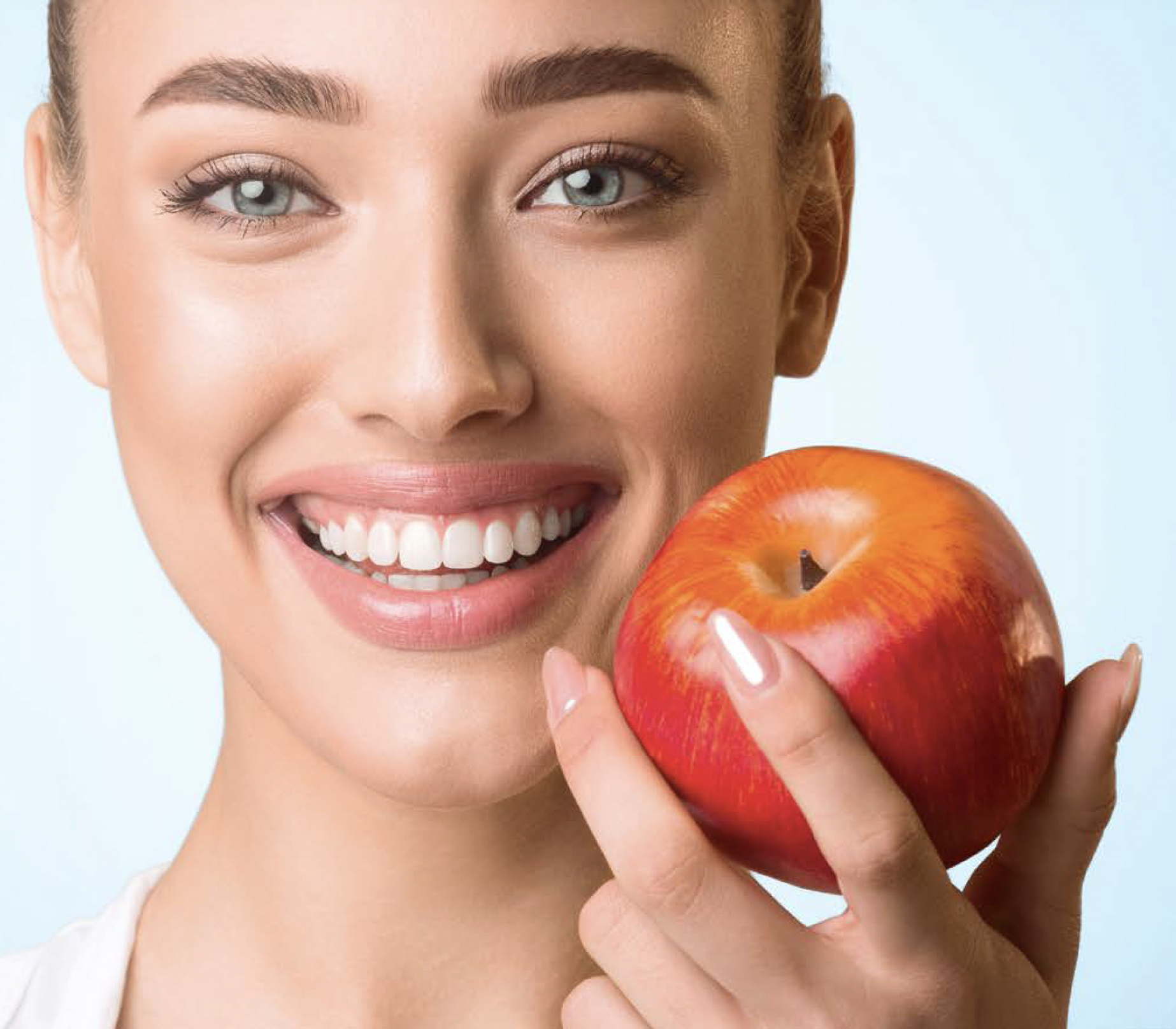By Dr. Claude Dalle
Can we eat the same diet all our life? I don’t think so. Actually, many elderly people eat differently as they get older.
From age 50, both men and women should change their diet. The metabolism slows down dramatically and our levels of sex hormones (menopause, andropause) drop, changing how we burn calories and also how we store them (less muscle, more fat on the hips, belly).
So, should we fast? Many studies have shown a significant reduction in many health risks (heart disease, cancer, neurodegenerative disorders, diabetes, etc.) when we restrict our calorie intake. This is obvious because every time we eat, our insulin levels rise, and this growth hormone is designed for storage.
What is intermittent fasting?
- Skipping one meal per day, either breakfast or dinner, depending on the person’s chronotype
- Or lowering your calorie intake one or two days per week (800 kcal/day)
Prolonged fasting is less effective after the age of 50 because it burns too much muscle, which is difficult to recover due to the drop in steroid hormones.
What are the food types?
- First, sugars: It is vital to reduce the amount of sugar you eat and to consume only top-quality sugars. This means that their glycaemic index (GI) must be under 70.
In this category, we find many fruits and vegetables, and very little or no white bread or its derivatives (pizza, etc.). Favour whole fruit as opposed to juice, as this increases their GI. Any sugars consumed should also provide vitamins and nutrients, so do not eat pure sugar as you get older. With age, the body gradually becomes more acidic (increased low-grade inflammation, cortisol).

This acidity is harmful for many metabolisms and organs, including our kidneys. Fruit and vegetables are very alkaline, which helps balance the body’s pH. Proteins are very acidic (meat, fish, cheese, cereals). Therefore we should aim to make our body more alkaline.
- Fat: Nowadays, there are a lot of poor-quality fats around. First of all, “trans fats” that come from processed foods, which should be banned from our diet. Favour omega 3s (oily fish, for example), but be careful: we must also avoid pollution (BPA, heavy metals, etc.) so opt for smaller fish, where possible.
These omega 3s are easily broken down in the body when consumed with quick-release sugars: eat both, but with very small amounts of these sugars.
- Finally, cholesterol, which is vital for the brain: if your cholesterol levels are too low, your body cannot produce cerebral neurosteroids, which are essential for memory, for example. I recommend maintaining a level of around 1.8 or 2g/l.
Many of us need to reduce our intake of omega 6s (especially arachidonic acid); meat, cheese, eggs. With regard to oils, olive oil is the best. Opt for non-transgenic oils with beneficial properties, and do not overcook them as they quickly break down and become “trans” fats.
This is a new type of nutrition that should be adapted as our lifespan progresses. We must adapt to aging, as opposed to fighting it.
Doctor Claude Dalle 
Degree in acupuncture, mesotherapy, Eriksonian hypnotherapy. Speaker at international conferences, course leader at the Faculty of Medicine in Paris. Scientific director of congresses. President of the WOSIAM (World Society for Interdisciplinary Anti-Aging Medicine). President of the European Federation for Active Aging. Member of the International Hair Research Society.












